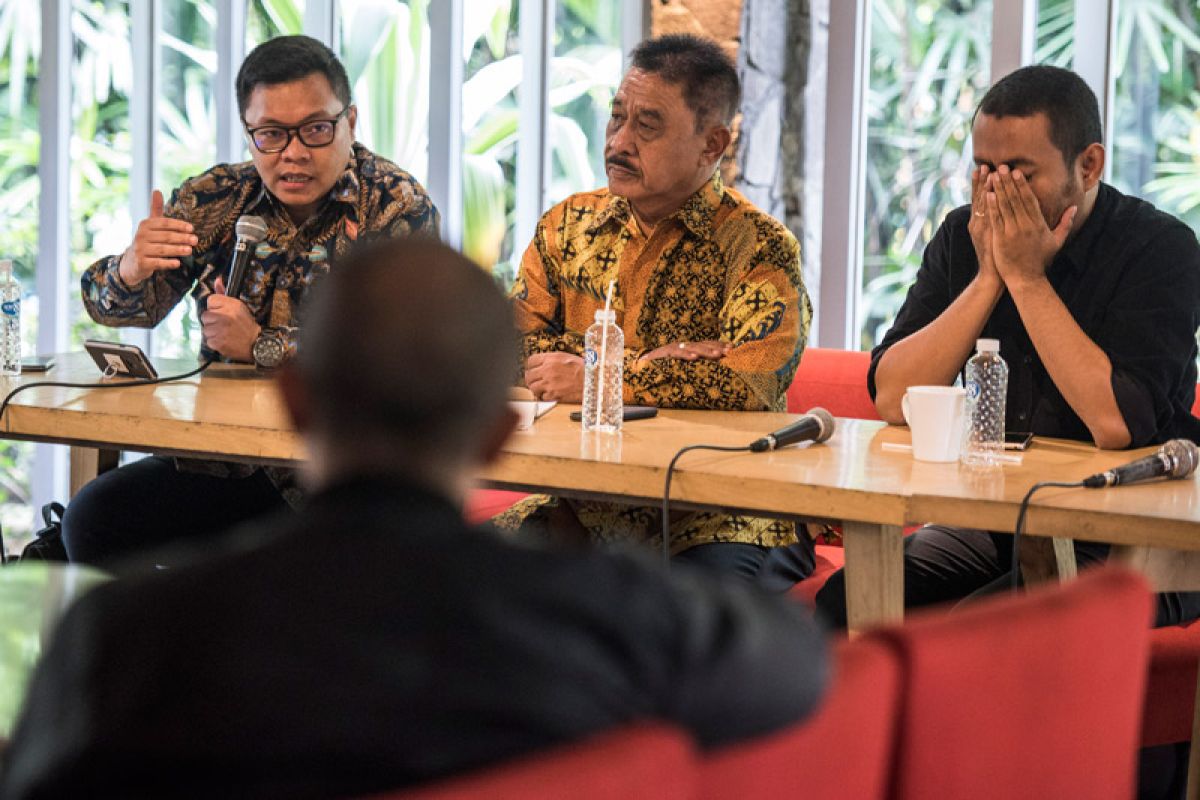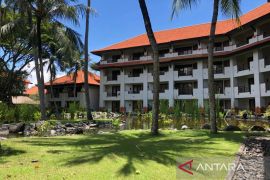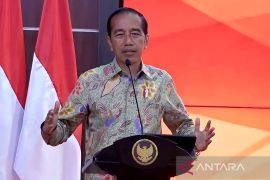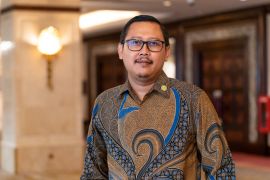"I think this is a step forward for Indonesia because, in several countries, they (restrictions) have been lifted since a long time ago. However, indeed, this move must be followed by anticipatory policy," he added when contacted on Thursday.
Anticipatory measures are needed to prevent a surge in COVID-19 cases, like the one observed in China, he explained.
He advised the government to prioritize the transition phase and boost people's awareness to prevent COVID-19 transmission.
Apart from anticipatory measures from the central government, it is hoped that regional governments will also educate residents on the need for complying with the health protocols, he said.
The health protocols, including wearing of masks, must continue to be promoted through appeals to the public, he added.
Sugandi said that the decision to revoke the PPKM policy was right and necessary to support the recovery of Indonesia's economy and face a bigger economic problem.
The government has a significant role in issuing appeals regarding the health protocols, he added. He also expressed the hope that there will be no surge in cases due to the lifting of the PPKM.
President Joko Widodo, on December 30, 2022, announced an end to the PPKM policy, which had been enforced to control coronavirus transmission in Indonesia.
The revocation of the policy means that there will be no more restrictions on public activities and mobility, he said.
The first case of COVID-19 in Indonesia was confirmed in March 2020. According to data from the COVID-19 Handling Task Force, as of January 5, 2023, the nation has recorded 6,722,227 COVID-19 cases, 6,552,823 recoveries, and 160,665 deaths.
Related news: Need to implement health protocols despite PPKM revocation: VP
Related news: COVID treatment funding to remain until regulation revoked: ministry
Related news: COVID emergency status still valid despite PPKM revocation: ministry
Translator: Fitra Ashari, Raka Adji
Editor: Azis Kurmala
Copyright © ANTARA 2023












